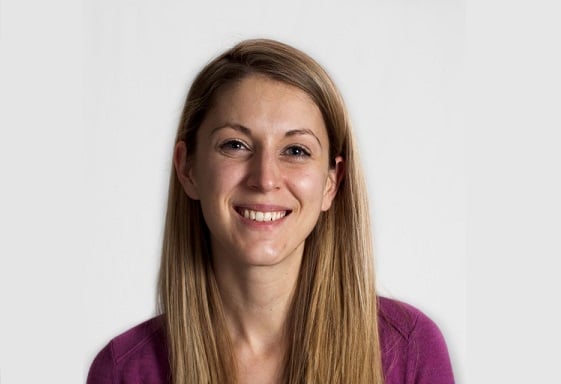A graduate of Harvard Business School, Marie Kyle started her career as a consultant, where she worked for various firms in the US before taking up a role in London for BIMA – a company that provides insurance products in emerging markets, reaching 24 million customers across 14 countries.
Utilising a network of local agents on the ground, BIMA uses mobile technology to provide insurance products to clients who typically live on less than $10 a day, in countries where there is often no safety net for those who fall on hard times.
Kyle spoke to
Insurance Business about what drew her to her job, what makes BIMA different, and the most rewarding parts of her role.
What is your role at BIMA?
I head up our product development and innovation team, so that’s the team that’s responsible for overseeing the design and roll out of all of our products, in all of the different markets in which BIMA operates.
What drew you to the company?
There’s a few things that attracted me to BIMA. One is the nature of the role itself; I think if you look at why insurance hasn’t taken off in emerging markets, there’s been a number of bottlenecks, but one of the key issues is if you look at a lot of the products that have been offered by traditional insurance players, they’re very complicated, very expensive, and not really designed to meet the needs of the low-income segment. Part of what my team does is look at how we can make those products as simple and as accessible to the mass market in those countries as they can possibly be. That challenge of how you take something complicated and not well understood, and make it simple and accessible was one of the things that attracted me to BIMA.
What does BIMA do differently compared to some of the traditional insurance companies?
I think something that’s allowed BIMA to do some of the things we’ve done that have perhaps alluded traditional insurance players, is that we always have been a bit of an outsider – most of the people at the company don’t come from the insurance industry, we come from the telecoms sector, the health sector, consulting, a range of different walks of life. I think that gives us the opportunity to see the industry and the sector with a fresh set of eyes. I think that fresh perspective is one of the things that has enabled us to come in and do what others have struggled to do.
What are some of the biggest challenges you face in your role?
There are really no established models to follow, so there’s a lot of work that has to be done in terms of understanding what the barriers that customers are facing are, and developing strong empathy with them. That’s not always easy if you’re sitting in London, to really empathise with the challenges of a customer living in a remote community, but it’s critical to be able to develop that empathy and understand the challenges that they face. Then it’s about coming up with the solution, and overcoming the regulatory hurdles. We spend quite a lot of time engaging with local regulators to try and put the right ecosystem in place to enable us to do what we do and distribute the products and services.
What is your favourite part about your job?
For me there is absolutely nothing more rewarding than seeing the impact that our products and services have on our customers. Whether that’s sitting and talking with a customer and understanding how a claims payout has impacted their life and the lives of their family, or seeing how, for example, a newly bereaved mother has managed to take her insurance claim and start her own business, which has allowed her to continue to send her children to school and provide for her family. Those are the moments that I find most rewarding.
Related stories:
A CEO on setting up your own insurance firm
Can this insurance exec break the landspeed record?


